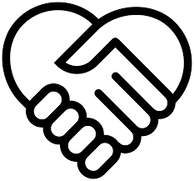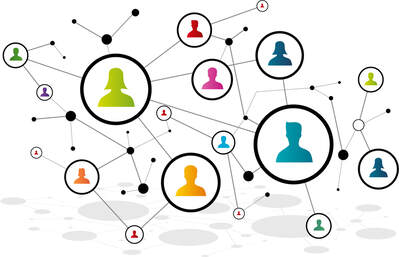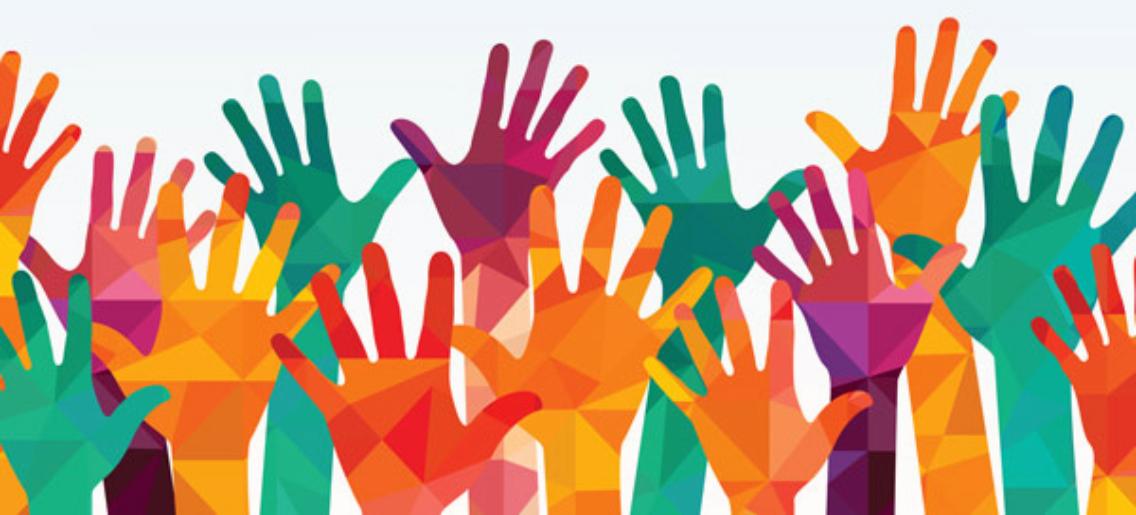Loneliness
I was pretty much a loner. A LONER...a kind of dirty word in the gregarious 21st Century, social-media driven society we currently live in. I am OK admitting it, though, as I don't see it as a completely negative thing. Sometimes you need to be alone with your thoughts to understand who you are and what you want out of life.
I was/am not alone in feeling alone. Data suggests many people (especially adolescents) feel alone and social media may make the situation worse. Loneliness is associated with increased mortality (see also) and the problem is getting worse with over 50% of Americans in one survey reporting they have no one outside their immediate family to discuss important matters with. But, we really need human connection, including people to confide in and advise us as we make important decisions in our lives. These people could be members of your family but it helps to have a deep professional network as well.

Pursuing a graduate degree, you can very much focus on yourself and your work - your task is to do a lot of thinking, analysis, and writing. These are often solo tasks and it is easy to think that your productivity and success are self-driven.
I would argue this sense of focus and unwillingness to seek outside support ramps up as a postdoc. As a postdoc, there is no longer a thesis/dissertation committee to naturally serve as a board of advisors. Postdocs should definitely work to expand their mentoring network beyond their primary research advisor. You should really form a "board of directors" for you consisting of people (ideally from a variety of backgrounds) whose opinions and advice you trust. These individuals can help you expand your horizons - encouraging you to think about the skills and experiences you should pursue as you work toward the next step in your career. They can also help you expand your network, often a critical component to securing your next job.
| The Importance of Networking Most people, especially the Ph.D.-trained scientists I have surrounded myself with in my current and past roles, hate the word networking. They see it as an awkward and extractive process - that they are trying to use the relationship as a means to get a job. This may be the ultimate goal but should not be the mindset going into a networking encounter. |
It is impossible to deny, though, that networks are often crucial to securing employment...see links at the end of this article on the "hidden job market."
This realization comes down to the fact that trust is a key component in the hiring process. If a perspective employee comes recommended by someone a potential employer trusts, we give that person an edge in the hiring process. It is human nature.

A "stranger" is someone you just haven't connected with yet.
Recently, I attended the 2019 Graduate Career Consortium annual meeting. The GCC is a group of individuals who work with graduate students and postdoctoral researchers to help them build the skills they need to secure meaningful employment. They are a super generous and supportive group and I heard only good things about them from colleagues at Vanderbilt and UNC.
The GCC conference was filled with many opportunities to interact with attendees outside the usual sessions and meals including morning walking groups and impromptu dinners together. It would have been mentally/emotionally easier for me to choose not to attend these various extracurricular networking events. I had a long day, spent hours interacting with others during the formal conference events, and had work I needed to do.
I am glad I took the time to take part in these events, though.
| At GCC, I met some great people on the morning walks and was able to talk with them on a more personal and intimate level than during the more formal (and crowded) conference networking events. I met a former GCC president and learned about opportunities to get involved with the association by volunteering on a Ph.D. outcomes committee (something I am personally very interested in). The dinners allowed me to really connect with some awesome people and feel helpful. At one dinner, I met a young man who was finishing up his Ph.D. and looking for employment, ideally in graduate career development. Hearing his story, I couldn't help but be impressed with his experiences and background. He seemed like he would be a great addition to any career and professional development office. |
Most people want to help others, especially others they know to be deserving. However, it takes knowing someone on a more intimate level than what they do, where they work, etc... (gleaned from small talk) to really understand their personality, their wants/needs, and the value they can bring to an organization. So, I urge the postdocs and graduate students I interact with (and it's good advice for everyone) to build strong connections, ask for help and advice, and go beyond their comfort zone. The little actions you take can add up to big effects on your life.
I am personally going to try to meet more people, build my own personal board of directors, and develop deeper connections with others who share my personal and professional interests. I encourage you to do what you need to expand your network and interact with others: volunteer, attend (graduate or postdoctoral) association events at your institution, take advantage of networking opportunities in your community or at professional conferences, or just talk to a stranger. These actions will make you feel more connected to the world, increase your mental health, and could deeply impact your life.
While such "everyday" interactions may seem trivial and tangential in the near term, they could have a lasting effect on you, long term. You certainly won't know until you try.
The secret to happiness is helping others
10 Facts that prove helping others is a key to achieving happiness
Loneliness: Human Nature and the Need for Social Connection
Why you should speak with strangers
How to have better conversations with people you've just met
Tapping the hidden job market
6 Ways to crack the hidden job market




 RSS Feed
RSS Feed